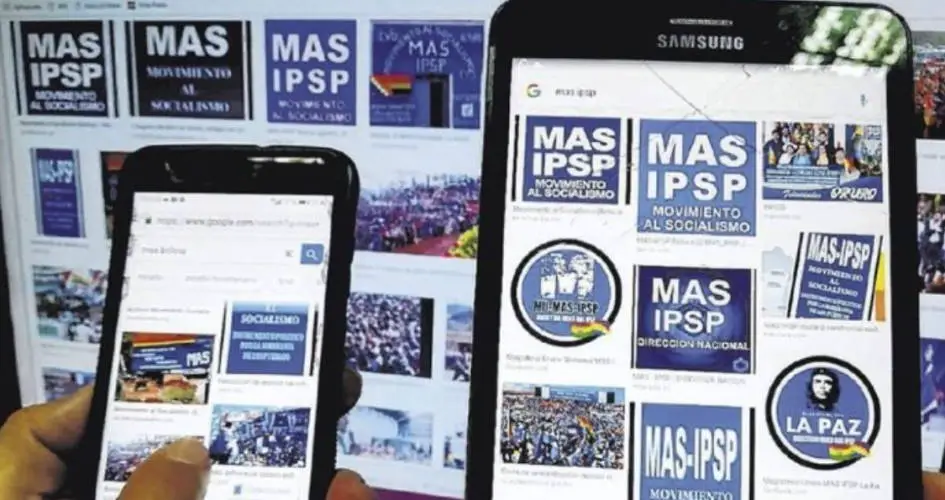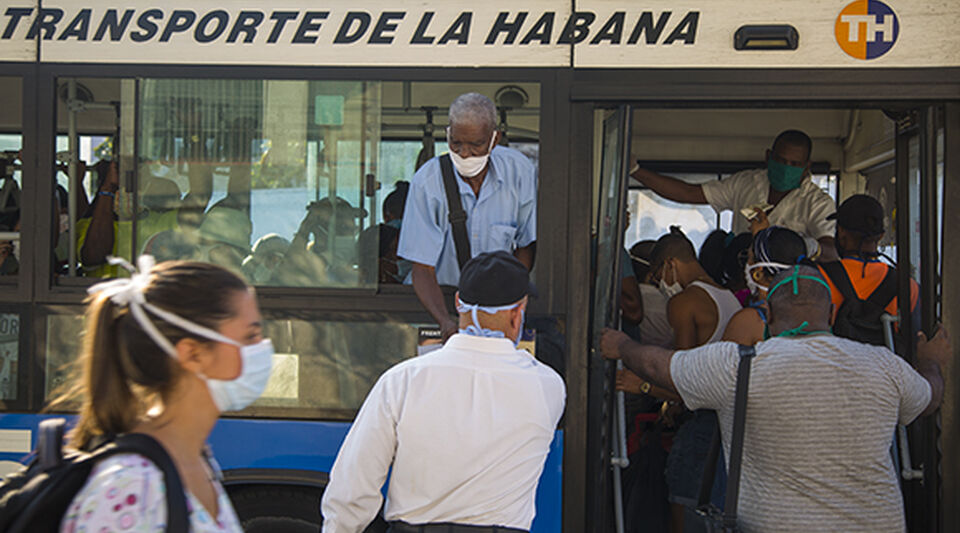MIAMI, United States. — The US conglomerate Meta, parent company of Facebook, Instagram and WhatsApp, dismantled networks of false accounts linked to the Cuban and Bolivian regimes, reported Thursday the AFP Agency.
According to the outlet, the objective of these false profiles —known in Cuba as cyberclarias— was to disseminate pro-government messages and discredit opponents.
These were networks that operated independently in those countries. Its contents —accurate AFP— reached hundreds of thousands of people before being busted following an internal investigation that concluded in late 2022.
In a videoconference with the agency, Ben Nimmo, Meta’s global leader of Threat Intelligence, explained that the situation forced the company to carry out an investigation to discover the origin of those troll networks.
“They tried to hide who was behind this, but our investigation found links with the Cuban government,” said the expert.
The situation forced Meta to deactivate 363 Facebook accounts, in addition to 270 pages and 229 groups, as well as 72 from Instagram.
David Agranovich, Director of Threat Disruption at Meta, told AFP that in Cuba the ciberclarias operated on two fronts: the first—called “fake cheerleaders”—had “false basic accounts to share and ‘Like’ government content”; while the second worked on the creation of unreal identities “to publish criticism of opponents of the government” on the island and abroad.
“Some of these accounts use profile photos that were probably generated using artificial intelligence, that is, photos of people who don’t exist,” Agranovich said.
In the case of Bolivia, the investigation led to links with the leftist government, with the ruling party Movimiento al Socialismo (MAS) and with a group calling itself “Digital Warriors”, according to information revealed by Ben Nimmo to AFP.
As a result, some 1,600 accounts, pages, and groups that were operating in bunkers in La Paz and Santa Cruz were deactivated.
Nimmo revealed that after dismantling the network in Cuba, its creators tried to replace it.
“Part of the job is not just to take them down, but to keep up the pressure to make it harder for them to build an audience,” he said.
The Cuban regime has publicly admitted that it seeks gain space in social networks to counteract the “media war” and “subversion” supposedly promoted from the United States.
Rogelio Polanco Fuentes, head of the Ideological Department of the Communist Party of Cuba (PCC), recently assured that Havana is in a position to fight in that scenario to neutralize the subversive action of the enemies of the Revolution.
In an interview offered to the portal Rebellionthe journalist and diplomat explained that social networks constitute a scenario where the reality of countries like Cuba is manipulated and misrepresented.
“The capacity that we have to counteract this work of sapping, this work of undermining the human will, has to be much higher. We have to do like the Cuban independentistas, the mambises in the War of Independence, like the members of the Rebel Army in the Sierra Maestra: seize those weapons from our enemy,” said the Castro official.





